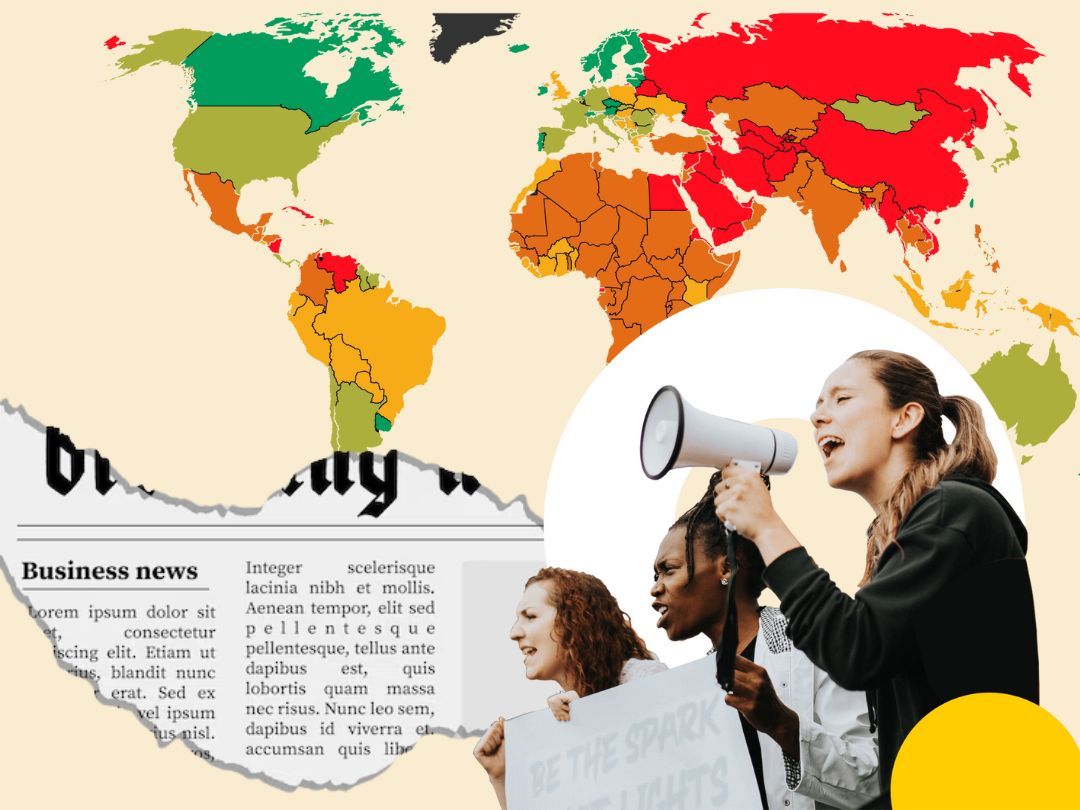Democracy is faltering across the globe. The diagnoses and prescriptions are all over the map too.
Every CEO speech, every grant, and every organizational strategy focused on revitalizing democracy reflects an implicit theory about why “backsliding” is happening and what will reverse it. Below is a condensed field guide to today’s leading explanations, distilled from a longer essay I drafted for my colleagues at the Open Government Partnership (OGP). I spend a lot of time reading competing accounts about what is going wrong and what we should do about it. We believe TAI’s community of funders, practitioners, and allies can use this typology to surface and clarify the strategic assumptions that often remain implicit in their work.
Two Questions Frame the Debate
I wanted to pull together dozens and dozens of different theories of democratic decline and the leading thinkers. In OGP, I am exposed to many speeches as well, many of which are ringing the alarm on democracy, and each of which appeals to at least one “folk theory” of decline and redemption. Democracy and governance work has always faced the specter of scarce resources, but never like it is now.
To that end, to make a very messy set of theories, hypotheses, and beliefs into a logical set of questions:
Who is driving the decline?
Elites are bent on entrenching power, or the public reacting to real or perceived failures.What is the main underlying driver?
Economic pressures, institutional flaws, cultural shifts, or technological change.
Crossing the two questions yields seven influential “camps.” (I could not group technology as necessarily “elite-driven” or “popular-driven.”) None captures the whole story, and experts in each category would resist the extreme simplification I’ve subjected their work to. But each point to distinct interventions rests on different kinds of evidence and offers different solutions. The table below summarizes each camp with (1) a cheeky nickname, (2) a single sentence summary, (3) my personal evaluation of the empirical evidence for how each addresses democratic decline at scale, and (4) one or two bellwether reforms.
The Camps in One Small Box Each

See or download the table here
Why This Typology Helps Strategy
While each camp clearly has its appeal, they cannot all be equally right. This has concrete strategic implications.
Finite resources. Time is not infinite. Nor is money, attention, talent, or political capital. Mapping assumptions sharpens strategy and collaboration.
Uneven evidence. Not all of the explanations stand up to scrutiny. Quantitative support for the “Class Warriors” and “Power Elites” is considerably stronger than for Stoics or Deliverists, regardless of their intuitive appeal. Knowing that lets you calibrate risk and comfort with unknowns.
Incompatible solutions. Tackling shell companies (Power Elites) differs from rebuilding civic education (Scouts). Mixing tools without a clear theory risks dilution.
A Practical Checklist
Identify your default camp. Where does most of your funding sit on the grid?
Stress test with partners. Ask grantees who claim to be tackling democratic decline to spell out their theory of change and how their solutions address their problems. Use the underlying paper to weigh the evidence for approaches.
Diversify or double down deliberately. Either hedge by funding a second camp, or concentrate where evidence and leverage look strongest—but choose consciously.
The democratic recession is too deep for go-with-the-gut philanthropy. Clarifying our assumptions and the evidence for our pet theories is the first step toward more effective action.
Joe Foti is the Principal Advisor, Emerging Issues for OGP. In this role, he leads collaboration and research on new areas of interest to OGP members. Topics include anti-corruption, climate change, finance, and civil liberties, and new technologies. Prior to this role, he was OGP’s Chief Research Officer and the founding director of OGP’s Independent Reporting Mechanism.
